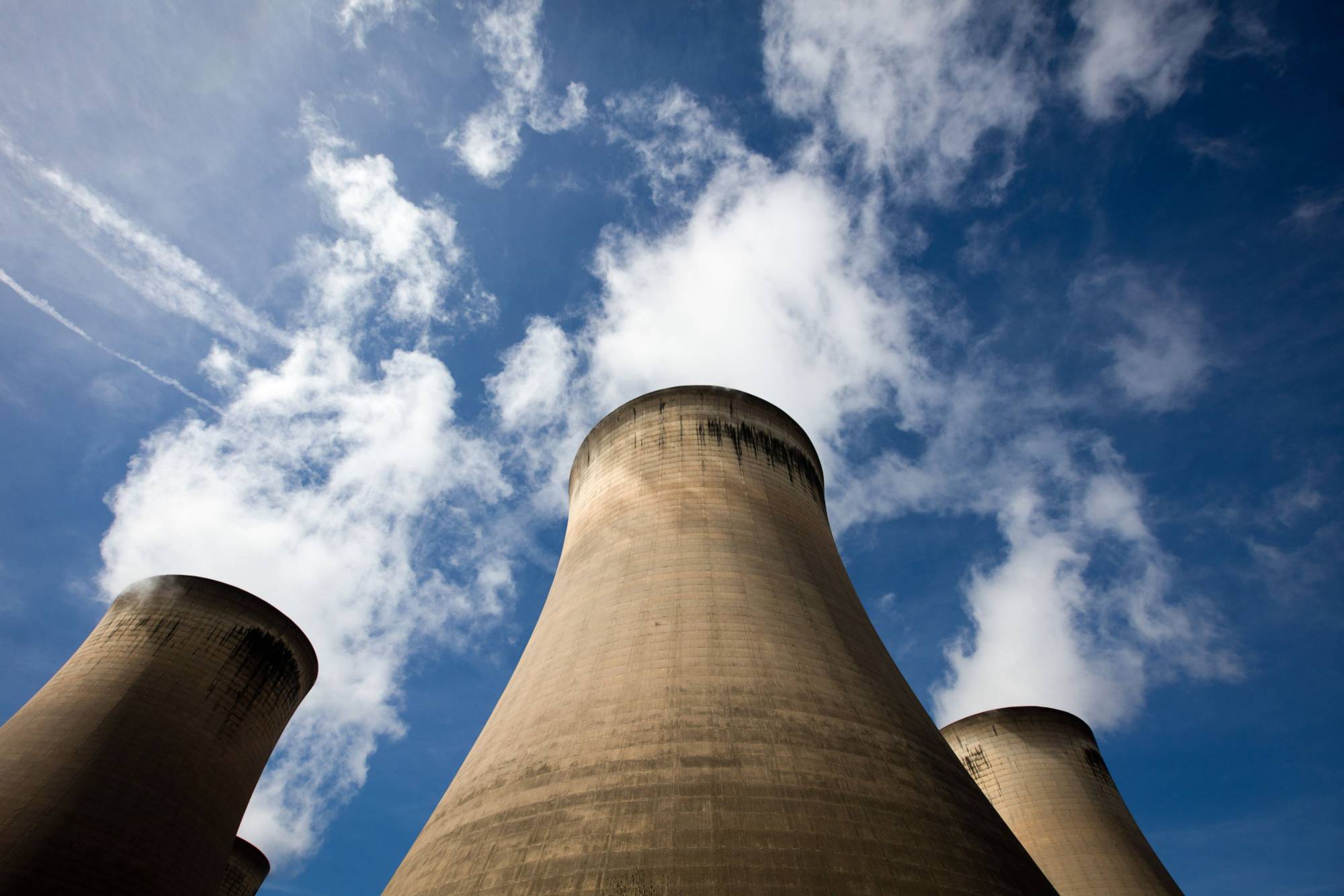The philosopher Immanuel Kant famously said that, “Whoever wills the end also wills ... the indispensably necessary means to it that is in his control.” Put simply, when we set a goal, we ought to take the actions needed to achieve it. This is an essential maxim for our governments and it should guide Group of 20 leaders when they meet in Rome at the end of October to confront the climate crisis.
The world set a goal in the Paris climate agreement: to keep global warming within 1.5 degrees Celsius of pre-industrial levels. The Intergovernmental Panel on Climate Change has explained why this is a valid goal. To go higher than 1.5 C would jeopardize life on the planet with a potential multimeter rise of sea level, the collapse of critical ecosystems, and the release of methane from thawing permafrost, possibly triggering runaway warming. Yet the world’s current trajectory implies a catastrophic 2.7 C increase in global temperature.
Earlier this year, the International Energy Agency showed the technological pathway to achieve the 1.5 C target. We must decarbonize the world’s energy system by mid-century. This is feasible, by shifting from fossil fuels to renewable energy and green fuels in power generation, transport, buildings and industry. Beyond that, we also need to stop deforestation and restore degraded land on a massive scale.

















With your current subscription plan you can comment on stories. However, before writing your first comment, please create a display name in the Profile section of your subscriber account page.